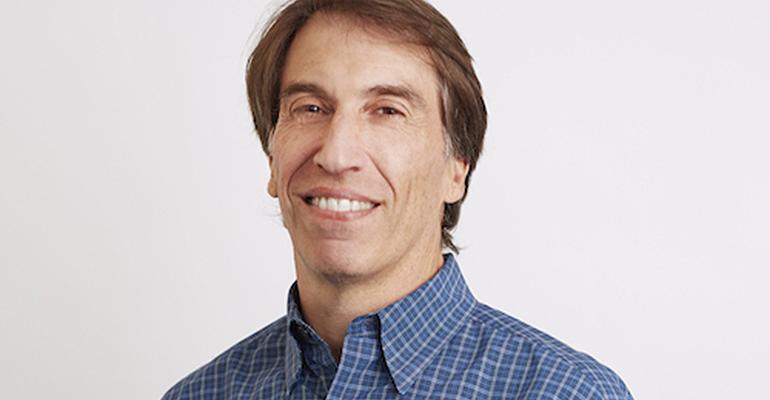Financial advisors, like travel agents, are largely relics of the past, useful in special situations but mostly just an expensive and unnecessary extra layer separating investors from their goals. That was the assessment of wealth management shared by Wealthfront co-founder and Executive Chairman Andy Rachleff at the CB Insights Future of Fintech conference this week, as he critiqued the human future of financial advice and gave a mixed assessment of retail investing platform Robinhood.
When questioned about Wealthfront’s purely software-based approach to wealth management, the venture capitalist and Stanford University lecturer criticized the “hybrid model” that an increasing number of competitors have utilized. That model sees human advisors utilize software-based automated investment management while offering high-touch services, like behavioral coaching and financial planning.
“The hybrid model hasn’t worked at all,” Rachleff said. “We’ve been validated in the approach that we take.”
Wealthfront's AUM, taken from its late October regulatory filing, stands at $15.8 billion (it was managing $11.4 billion in August 2019).
Meanwhile, Vanguard’s Personal Advisor Services (PAS), which offers human advisors alongside passive, automated investment management—the type of service Rachleff is dismissing—grew its assets under management from $148 billion in September 2019 to $189 billion a year later, according to Charles Kurtz, a company spokesperson. Vanguard PAS has an advisor head count of around 700, he added.
While financial advisors may be vestiges of the past, according to Rachleff, that hasn’t stopped Wealthfront from employing them. Called “product specialists,” all of the customer service representatives at Wealthfront are licensed financial advisors, he said.
When Wealthfront’s advisors are not manning the phone banks, they’re focused on eliminating the need for clients to call them in the first place. “Half of their job is figuring out how to eliminate their job,” he said. Human advisors at the firm “don’t offer financial advice,” he added. “We don’t need to.”
For the odd call that advisors at Wealthfront do receive, the voice on the other end is usually that of someone “older,” added Rachleff. “Very few people call,” he said. “A baby boomer would much prefer to have a personal relationship over the phone with someone; versus a millennial who never wants to do that.” The oldest millennials will be turning 40 next year, according to the Pew Research Center, and “are well into adulthood.”
As he has in the past, Rachleff positioned Wealthfront as a financial services firm for “younger people” who may not have large amounts of investable assets today but will, eventually.
“We think that this is really going to take off among younger people,” he said. “We’re signing up younger people who have less money on average, and over time that money will grow.” A more recent angle to this now familiar pitch is that Wealthfront is offering checking services alongside investment management, providing users with new, automated ways to optimize cash flow.
Some of those younger people that Wealthfront is targeting are currently day trading on Robinhood, Rachleff said. While he called Robinhood an underrated company, he said that the services it provides are a net positive for Wealthfront. That’s because new investors will likely get burned by their financial decisions.
“Young people have to learn for themselves,” he said. “One of the best things that will happen to us, in about a year’s time, is the people who have lost a lot of money day trading will come to realize that passive investing is a much better approach.”
“They’re developing great clients for us,” he said.
But with Wealthfront’s initial target demographic entering its 40s next year, and facing the complexities that accompany a more developed financial life, just how long Wealthfront can retain those clients utilizing a purely digital approach remains to be seen.





